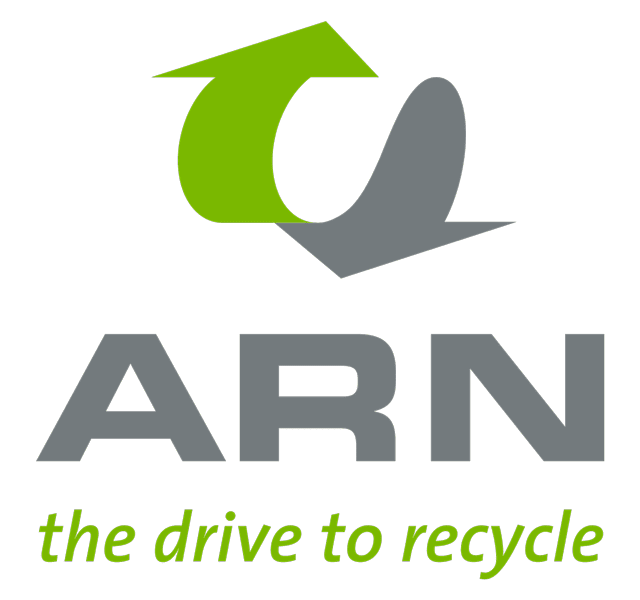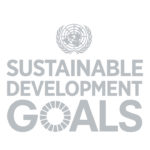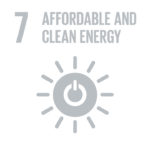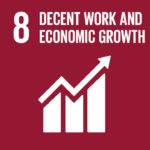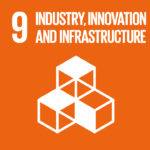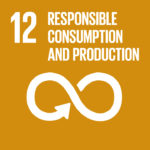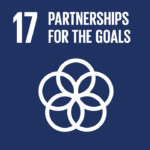Maarten van Randeraat, founder of Granuband
‘The circular car tyre won’t come easy, but it will come’
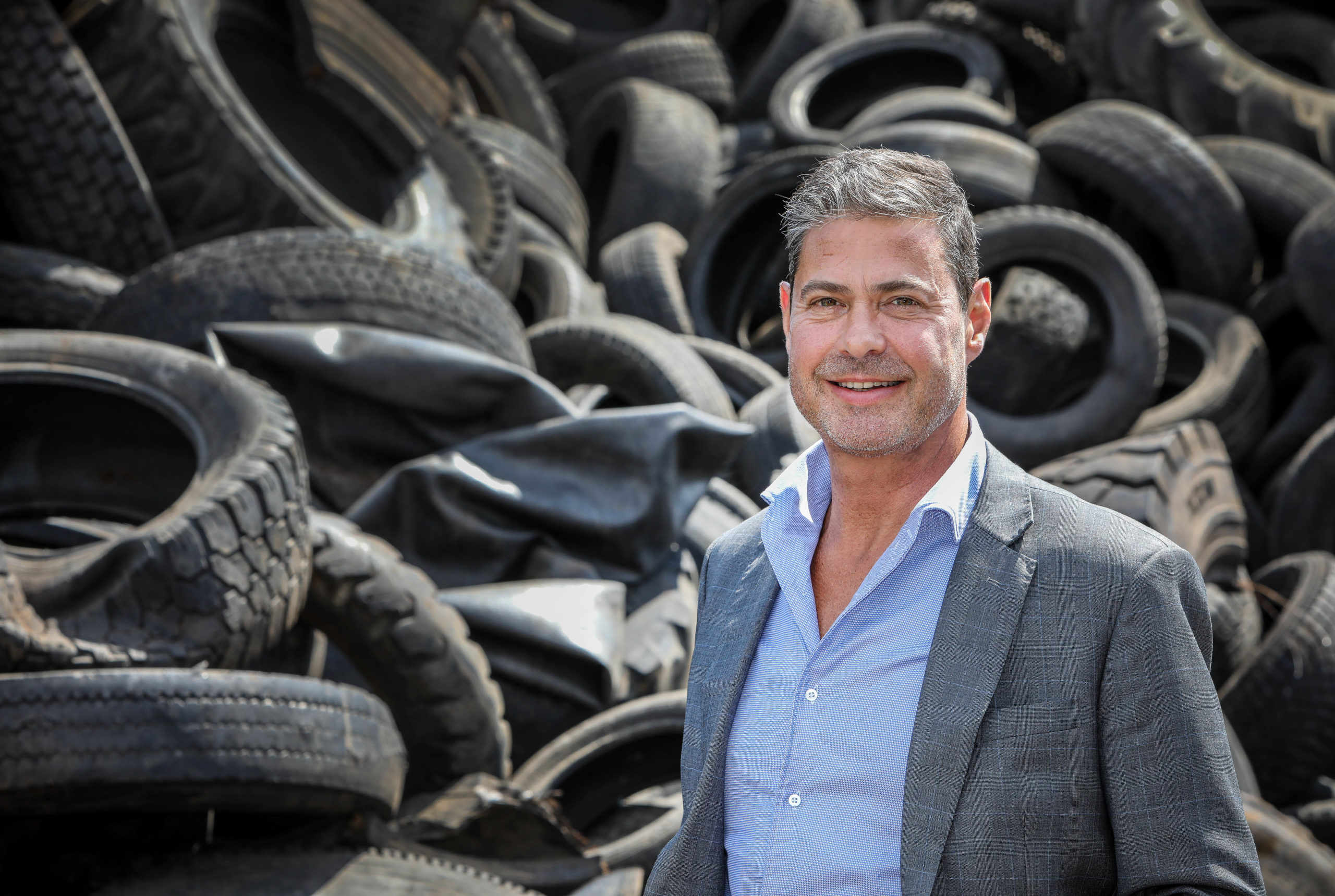
Making new tyres from old. That’s the ambition of Maarten van Randeraat, founder and owner of Granuband. Technically, it’s already possible. But first, consumers, compounders and producers have to be persuaded to adopt the required new mindset.
Maarten van Randeraat has worked in tyre recycling for 30 years and can certainly tell a tale or two. “Typically, unscrupulous low life would rent a barn from an unsuspecting farmer and pay him three months in advance. They’d then pick up car tyres from garages, for which the garage would pay them a guilder a tyre. Three months later the barn would be filled to the rafters, the cowboys who’d rented it were long gone and the hapless farmer was left with the consequences. He’d call someone to collect the tyres, only to be told it would cost him a small fortune, money he just didn’t have. Practices like this were, unfortunately, all-too-common. There was legislation, but it wasn’t enforced. It showed the industry in a bad light, which annoyed me immensely.”
ARN has been arranging the sustainable recycling of tyres from end-of-life vehicles since 1995. The collection and processing of these tyres is paid for from the recycling fee levied on cars, which includes tyres. Additionally, to improve the tarnished image of tyre recycling, an organisation called RecyBEM was set up in 2004 to act on car-tyre management legislation introduced in the Netherlands shortly before. Since then, for every new car tyre that enters the Dutch replacement market, a waste management charge is payable. RecyBEM-certified collection companies collect these used tyres, which are then processed in an environmentally responsible manner. The nylon and steel from the tyres are separated and resold, and the rubber is ground into granulate or powder, which is used as a raw material for new products. Granuband makes products such as rubber tiles, fitness-centre floors, sports materials, roofing materials, container wheels and rail brackets. It is the only company in its field in the Netherlands that collects, recycles and produces.
Legislation and regulations need to be more focused on the manufacturers. They have to act and produce tyres differently
Maarten van Randeraat, Granuband
Van Randeraat applauds the professionalisation process that the sector has undergone. As part of this process he also includes the agreements made with ARN, which ensure that end-of-life tyres are collected free of charge from dismantling companies and delivered to Granuband or Lintire for further processing. But at the same time, he cautions that “we need to be careful not to go too far.”
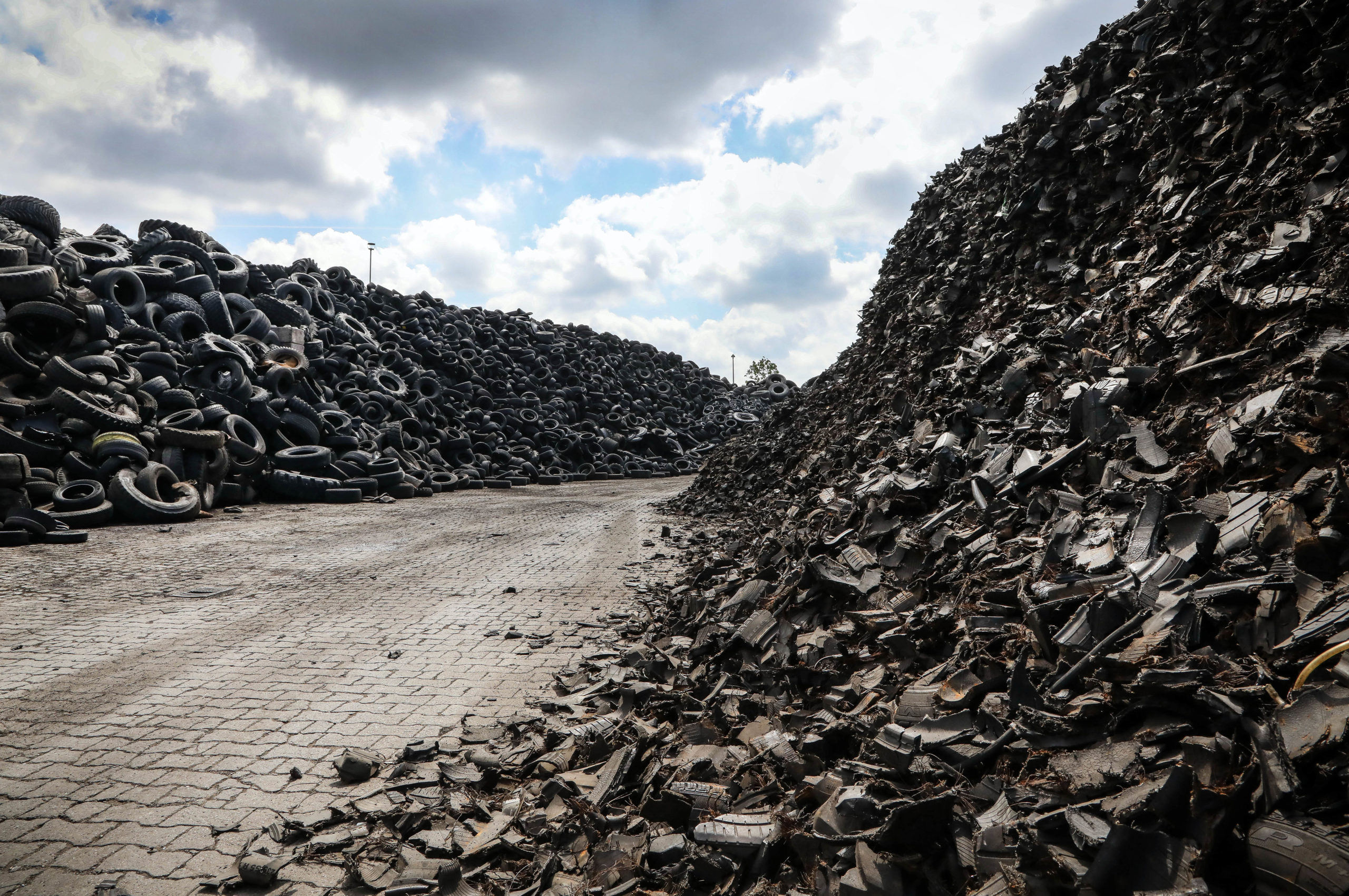
What do you mean by that?
“In itself, there is nothing wrong with stringent legislation and regulations; but there has to be balance. The current focus is mainly on recycling and not or barely on the tyre production process. The tyres we process were not manufactured by us, so if there is too much zinc or toxic chemicals in them there is nothing we can do about it. We recycle the tyres with the best of intentions and deliver the recovered materials in accordance with the guidelines. What else can we do? Should we just stop and dump the tyres in landfill, or burn them? Of course not’ that’ll take us back to square one.”
What do you suggest?
“Legislation and regulations need to be more focused on the manufacturers. They have to act and produce tyres differently. But there is often a price tag involved, which manufacturers don’t welcome. It creates a field of tension. To do things better and in a more environmentally friendly manner calls for a different mindset. And not just among producers, but with motorists and governments too. We all drive cars, cars need tyres, and tyres wear out. People must be made more aware of this. Every year, we discard some seven million tyres in the Netherlands. You can’t just leave them lying around spoiling the environment.”
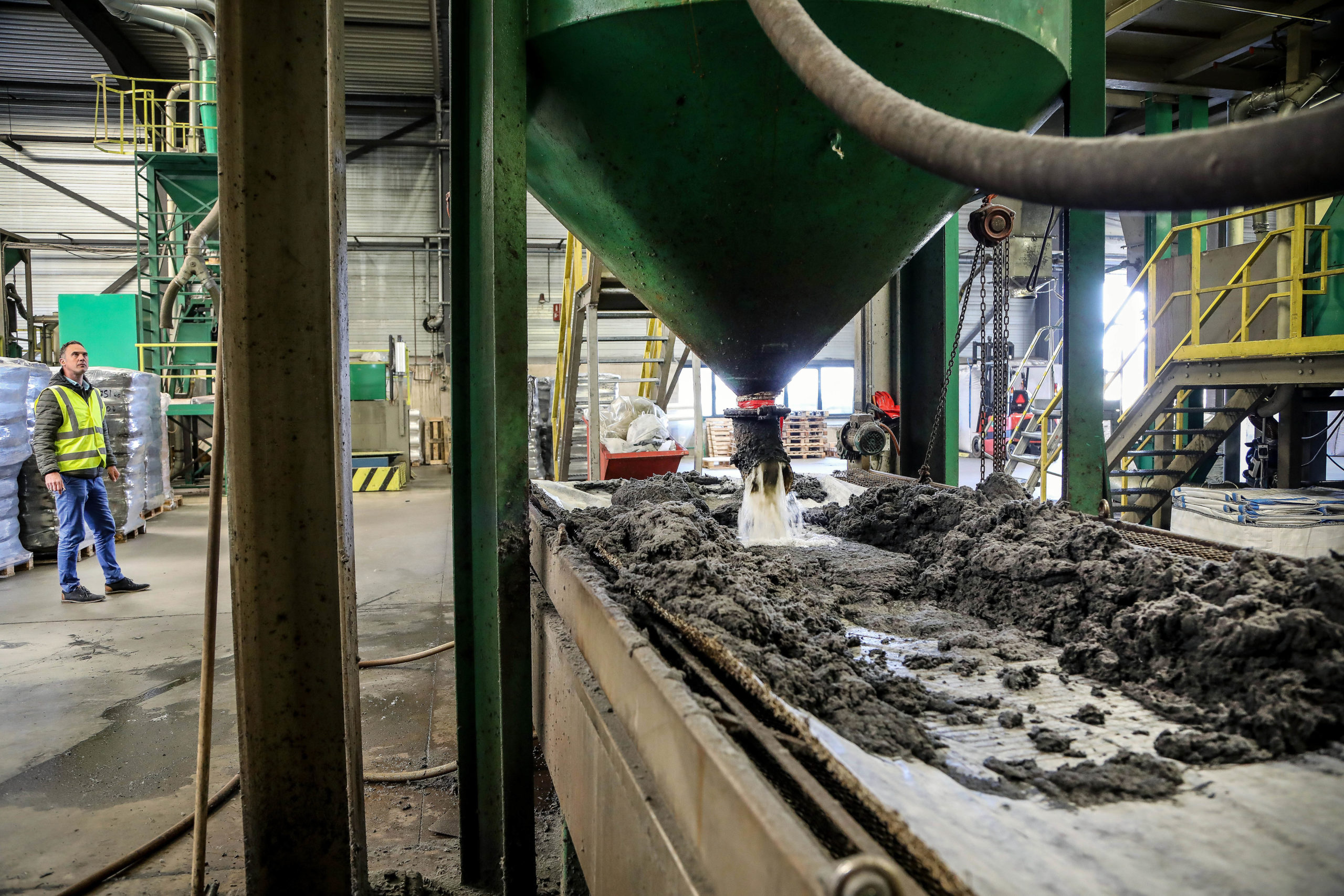
Can tyre recyclers do more to improve the recycling process?
“Definitely! I personally invest lots of time, money and energy in innovative recycling methods. I’d like everything to be automated. Technology is getting smarter and smarter, so I think we’ll be able to take bigger and bigger steps forward. Collaboration will be a key factor though. This year we’re starting construction on a devulcanisation plant where, under the name ReRun, we will recover rubber from car tyres so that manufacturers can use it in their compounds. Our rubber will make these products cheaper and more sustainable.”
This year we’re starting construction on a devulcanisation plant where we will recover rubber from car tyres so that manufacturers can use it in their compounds
Maarten van Randeraat, Granuband
Will devulcanisation bring the circular car tyre closer?
“Consumers are not averse to buying circular products, which is evident in the products we sell with Granuband. However, when it comes to car tyres, people are more concerned about safety so they are reluctant to opt for used rubber. It’s a tricky situation. We’ll just have to start at the beginning, take it step-by-step to show them that their apprehensions are unfounded and that there is nothing amiss with the quality of devulcanised rubber. As far as I am concerned, the trick is to move in parallel. It all starts with the compounder, the guy that makes the rubber mixtures. He provides what the car-tyre manufacturer asks for. But the producer is constrained by legislation and regulations. The government is still cautious when it comes to mandating the use of easily recyclable materials in car tyres. And while I understand that caution, it also means that little pressure is placed on compounders and producers to do things differently.”
So how can such a vicious circle be broken?
“For a long time I pleaded with a big compounding company to carry out a test with devulcanised material. He just didn’t want to know, so I decided to take a different approach. I learned that one of his clients was unable to compete with an Asian competitor on the price of rubber products. When that client learned that I could supply the material for 60 to 70 per cent of the regular cost price, he called that compounder, who then called me. Sometimes it’s just a matter of knocking on the right door and being persistent. I don’t give up easily. That circular tyre is coming; maybe not in the short term but it will come. There’s no doubt about it; it’s inevitable.”
Sustainable Development Goals
For the fourth year, ARN has measured itself against the benchmarks of the Sustainable Development Goals (SDGs) in the context of being “lean and green”. The SDGs depicted here apply specifically to the content of this page.
